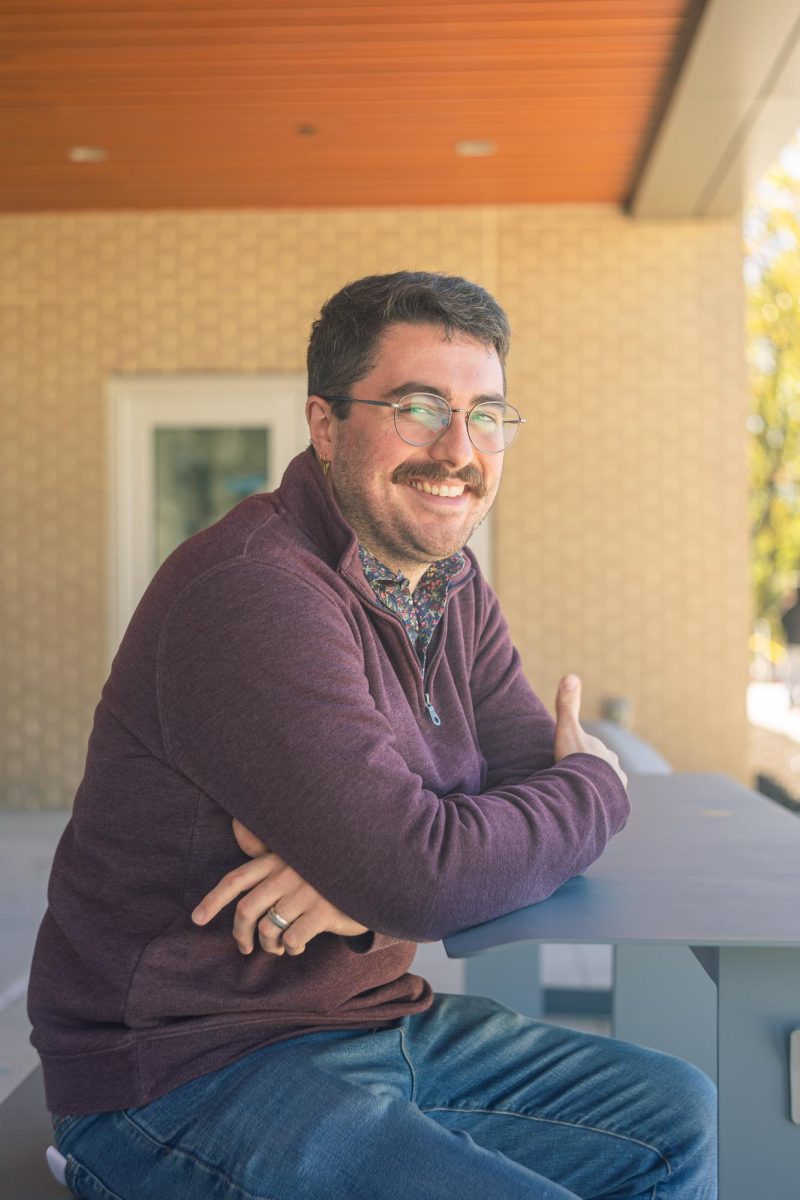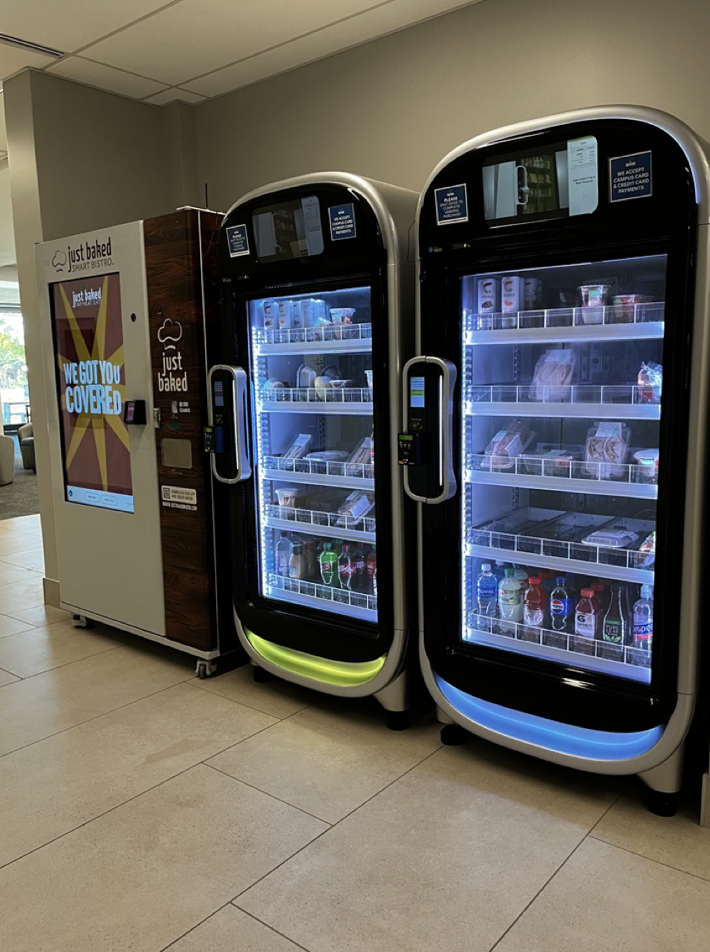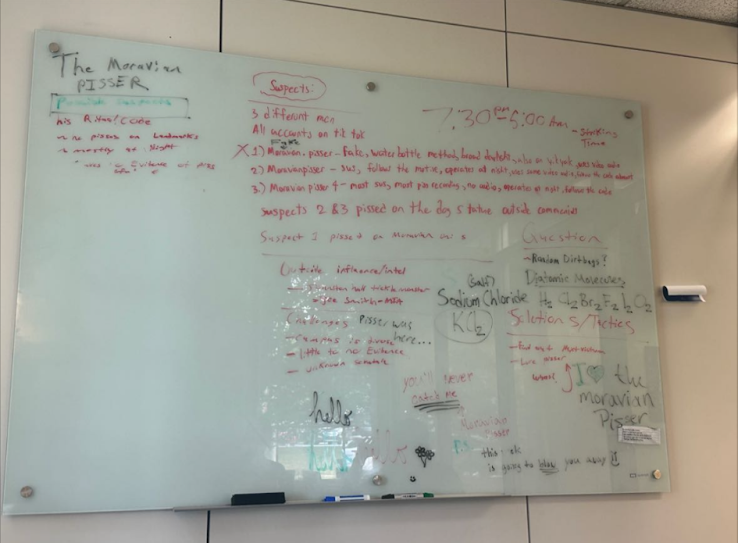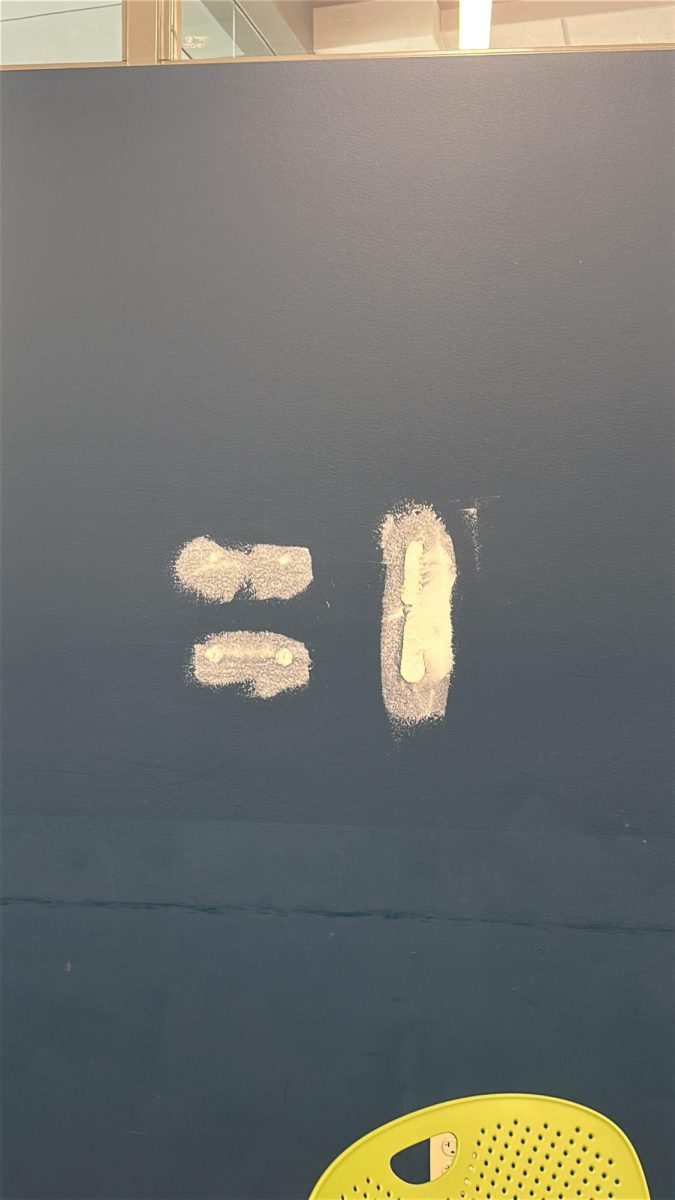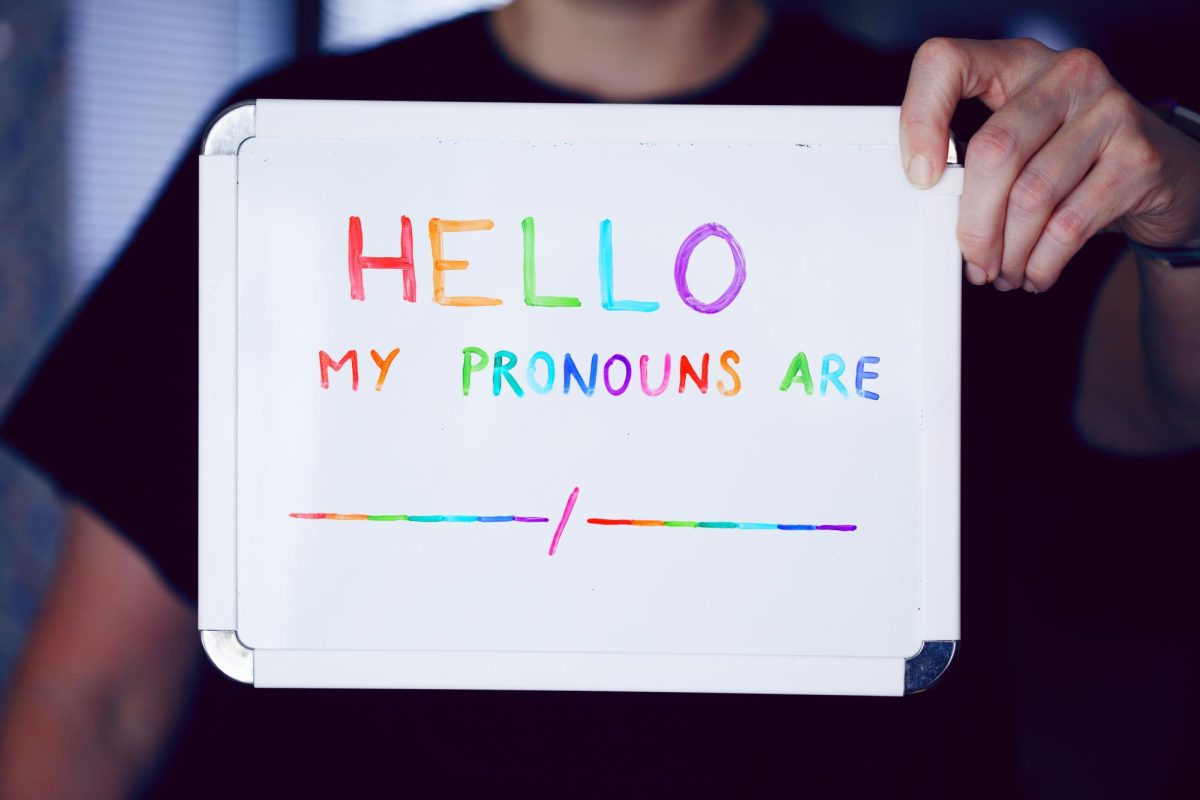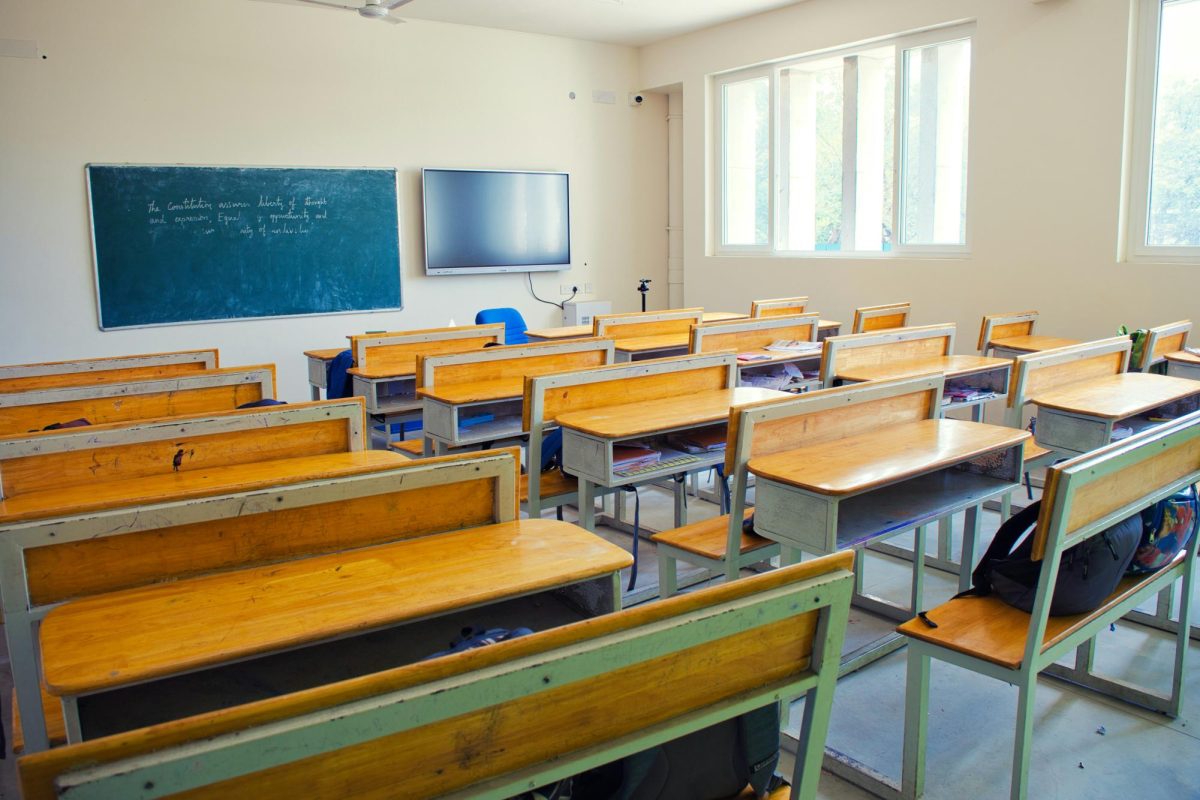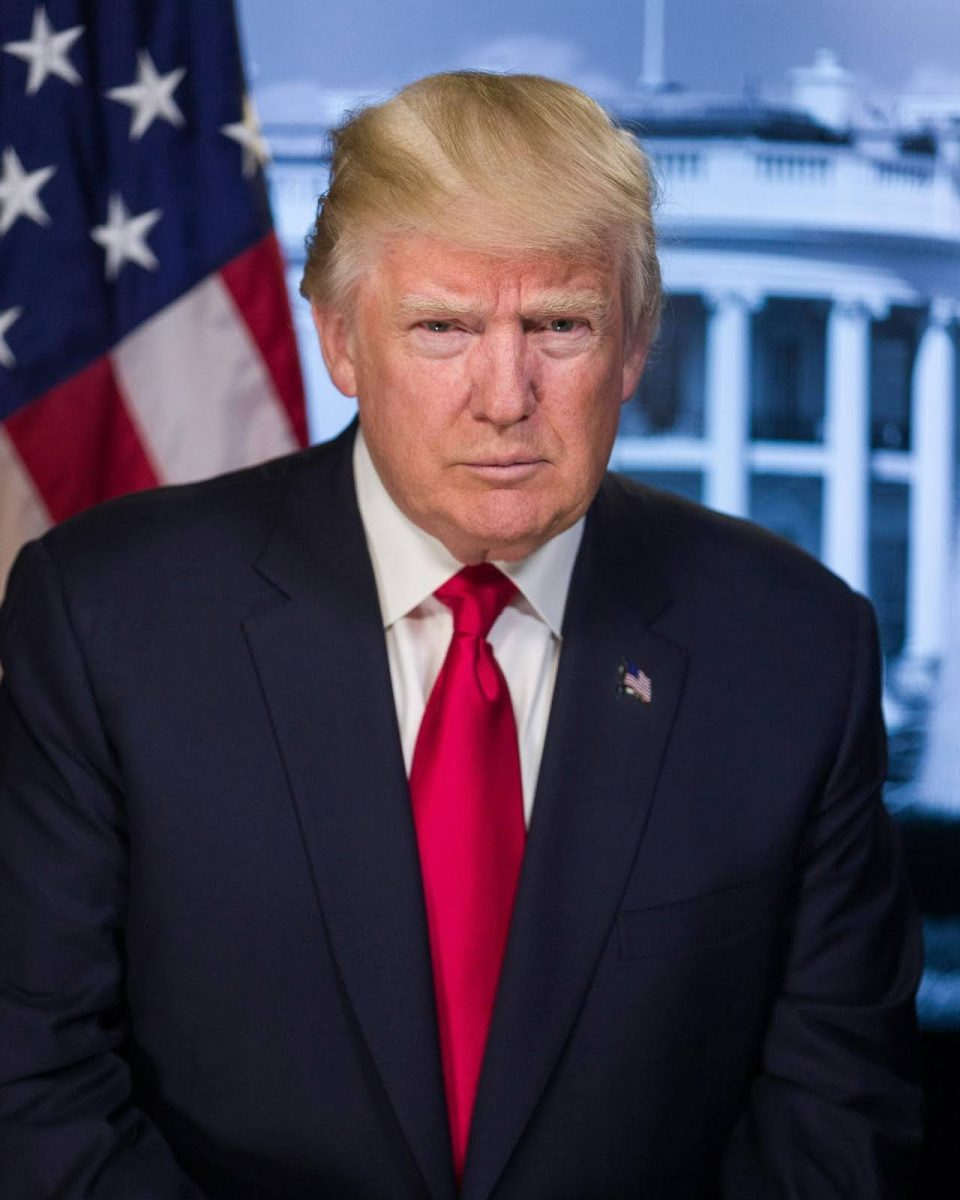Susan Wild is the first woman to represent Pennylvania’s 7th Congressional District in the House of Representatives. She was first elected in 2018. In her position, Wild prioritizes lowering prescription drug costs, supporting education and labor, expaindg Medicare, and addressing the climate crisis.
For an election that will have drastic effects on Gen-Z voters, what do you say to young voters who might still be on the fence or aren’t planning to vote at all, especially when a lot of them are hinging their votes on issues like the Israel and Palestine conflict?
Well, let me address the people who are considering not voting at all. As I have said to many audiences of young voters, Gen-Z has the potential to be the most powerful voting block in the country, and staying home essentially is just a way to make sure that the country continues to be governed by ‘80s Boomers. One of the most important things about a democracy is that you have the opportunity to express your views. To forego that opportunity to vote, and actually elect somebody who reflects your concerns, even if you don’t meet eye to eye on every single issue, I think it’s a big mistake, and you’re relinquishing one of the most important privileges of your democracy.
I think the most important thing for people is to look at their overall – let’s call it a portfolio – of issues: climate, reproductive choice, jobs, higher education, whatever their portfolio might have, and find the candidate that they match with on most of those issues. I think there’s a real danger in being a single-issue voter on any issue, not just the issue that you mentioned.
Right now, we’re facing an affordability crisis that’s felt strongest by young people entering the workforce. How do you make steps toward addressing these problems, especially amidst global issues around inflation and affordability?
One of the things that I’m proudest of and that I’ve worked hardest on, is trying to make higher education affordable for people. That obviously includes four-year colleges and universities, but not exclusively that, because I think we need to do it for people who want to go into the trades.
When I was in college, which was a very long time ago, I had student loans through college and law school. When I graduated, they had an interest rate of one percent and didn’t start repayment until a year after I graduated. These were very generous terms if I had a change in employment or had lost a job. It was a time when the federal government was really investing in young people and making sure that they were able to get ahead.
In return, those same people who have those loans, including me, pay them back and have become productive members of society. So that’s a big one right there. When I talk to young voters in particular, what they often express to me is that they are very worried about getting married and even more having children. We know that the cost of housing is high, and then on top of that, having high student loan debt is something that really worries them.
They [also] mention that childcare is as expensive as a mortgage. Child care is something that I’ve been working very, very diligently on. We’ve got a bill called the Child Care for Working Families Act that was introduced but has not come to a vote. I expect it to be top in our first package of bills, assuming Democrats take back the House majority. Then finally, people often don’t think about the cost of reproductive injustice. but reproductive rights is an economic issue as well as a civil issue. I think people really need to consider where candidates across the spectrum are on that issue.
Looking past this election, how do we start to address the issues surrounding polarization and how distant our neighbors are now becoming? How do we address this crisis of people thinking of politics as something that should induce vitriol rather than a productive conversation?
Well, it’s got to start at the top. Elected officials need to take the high road and stop setting really bad examples for the rest of Americans. One of the big problems we have in this country is gerrymandering. Out of 435 members of Congress, there are only about 23 members, myself included, who are in competitive districts, meaning that the rest of those members are either in solid red or blue communities. That does not encourage people to work across the aisle or to represent all of their constituents, both Republicans, Democrats, independents, and otherwise. When you’re in a district like I am, which is a highly, highly competitive district, you get results by working across the aisle. People see that and feel seen and heard if they don’t happen to be of the same political party as I am. Something has to be done about gerrymandering in this country.
The last thing I will say is that we need campaign finance reform. You may be asking yourself, well, what does that have to do with all of this division? The answer is that we are now in a time when Super PACs just spend millions and millions of dollars. I’ll give you an example. The Congressional Leadership Fund, CLF, which is a Republican super PAC, has something like $12 to $13 million in spending against me on television. That’s a crazy amount of money and it’s not the kind of advertising that’s neutral or favorable. The messaging is very toxic. They’ve got plenty of money to spend, and they’ll spend it, and they will do everything they can to bring down whoever the opponent is in any given race.
What are some steps that you would take to address student loan debt and the rising cost of higher education?
First of all, I think that the federal government needs to go back to playing a more active role. Too many of these loan programs are now handled by private entities, which have absolutely no incentive other than profit. I think that the federal government loans should be rolled back to 1% interest, just as they were when I was in college. I think that should also be done retroactively, not just for new loans, but for existing federal loans. Create a situation where the student has skin in the game, so to speak; they know they’re going to have to pay something, and, at least it’s going to be fair and reasonable and not completely aggressive.
Number two, we have to invest more in higher education at the federal level. If we provide a better bargain at state schools and continue to work to really attract high caliber professors and that kind of thing, we become very competitive with private colleges and universities, which then, I think, would be incentivize to lower their tuition. I think we have to focus on the public aspect of education and doing everything we can there to bring down costs.
With the debate with Ryan McKenzie a few weeks ago, and then the election now being less than a week away, how are you feeling about this election, especially with the Hill predicting an 85% chance of your win?
I don’t pay much attention to polls, especially polls that are done at a level outside of my district. I feel as though I have had a very successful six years in office. I hope that my incumbency and my record of getting things done for the Greater Lehigh Valley is a huge incentive for people to vote for me for re-election.
Secondly, I think my campaign team has done an outstanding job. We have reached out to people everywhere. We have knocked on 1000s and 1000s of doors. I have, personally, made 1000s of phone calls to people who are either undecided or registered as independent. In most years, I have done a substantial number of town halls, so that I can make sure I’m hearing what people have to say, what their concerns are. A lot of the work I’ve done in Washington has been specifically based on what I’ve heard of some of those town halls. So I’m feeling cautiously optimistic. Let’s just put it that way. But that is about as far as I would go.
Click here to learn more about Susan Wild’s re-election campaign.





